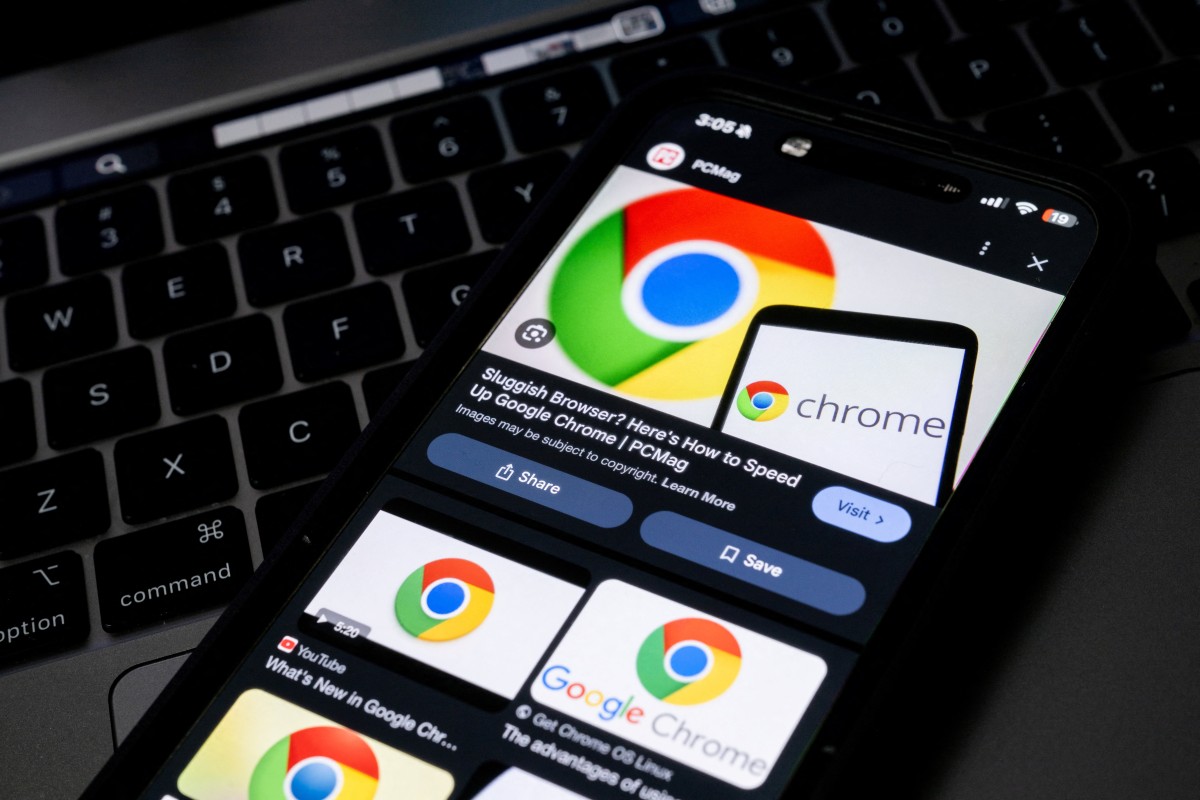A U.S. federal judge on Tuesday rejected government calls to force Google to sell its Chrome browser but imposed sweeping measures aimed at restoring competition in online search — marking one of the most consequential antitrust rulings against Big Tech in decades.
The decision by Judge Amit Mehta follows his 2024 finding that Google illegally maintained search monopolies through exclusive multibillion-dollar distribution deals with Apple, Samsung, and other device makers.
While prosecutors had sought a radical remedy — stripping Google of Chrome, which accounts for roughly a third of its search traffic — Mehta ruled such a breakup would be “incredibly messy and highly risky.” Instead, Google must share its search index data and user interaction information with qualified rivals, while restrictions will prevent it from using exclusive contracts to dominate the emerging generative AI market.

“Today’s decision recognises how much the industry has changed through the advent of AI, which is giving people so many more ways to find information,” said Google VP of Regulatory Affairs Lee-Anne Mulholland, while warning that mandated data sharing raises “serious privacy concerns.”
The Justice Department welcomed the judgment as “significant,” though critics argued it stopped short of the structural remedies needed to curb Google’s dominance.
Shares in Google’s parent company Alphabet jumped 7.5% in after-hours trading, while Apple stock rose more than 3% — both viewed as major beneficiaries of the ruling.
The order, effective in 60 days, will be monitored by a technical committee to ensure compliance.
The ruling forms part of a wider U.S. offensive against Big Tech monopolies, with ongoing cases targeting Google’s ad tech empire, Apple, Amazon, and Meta.




